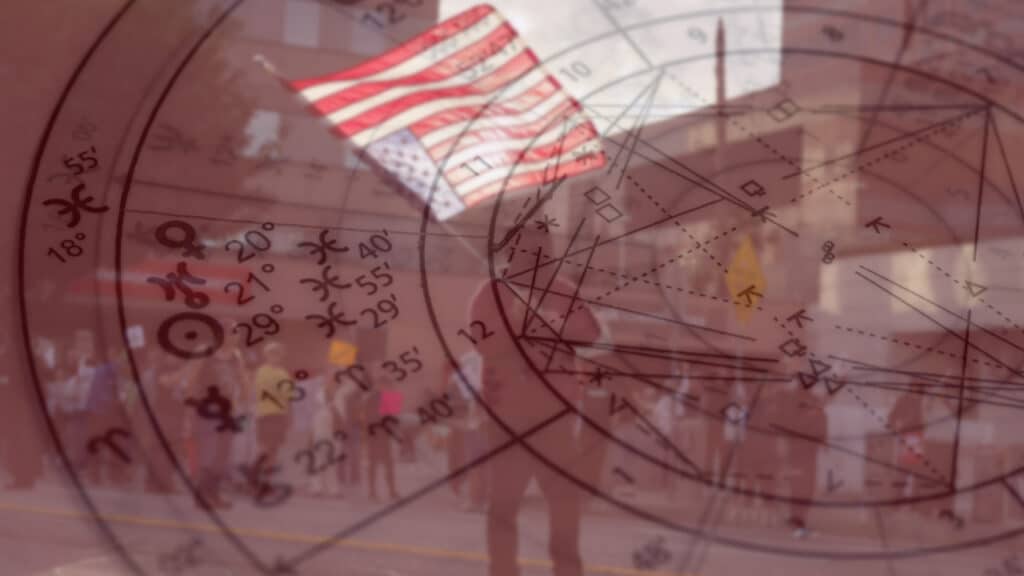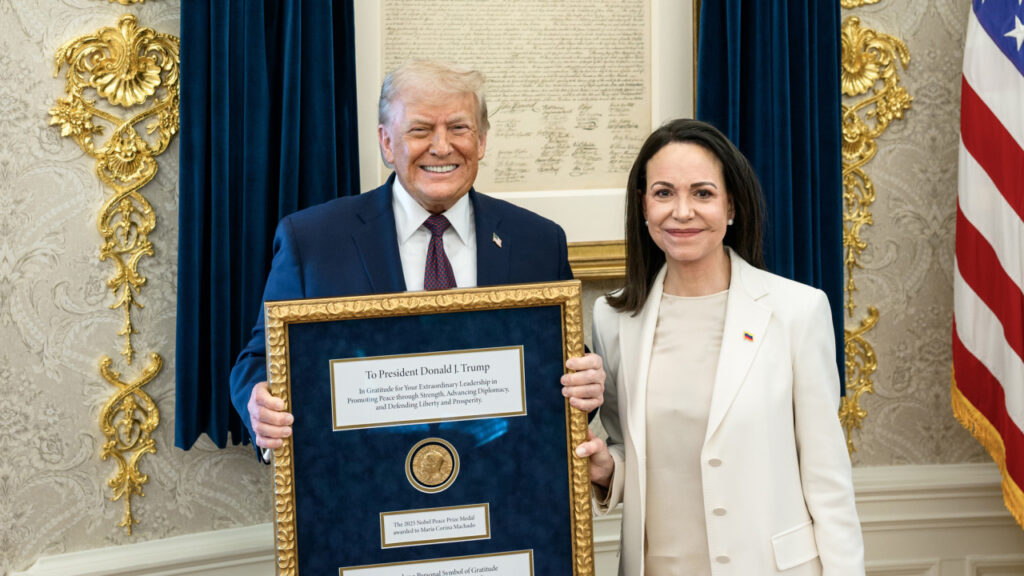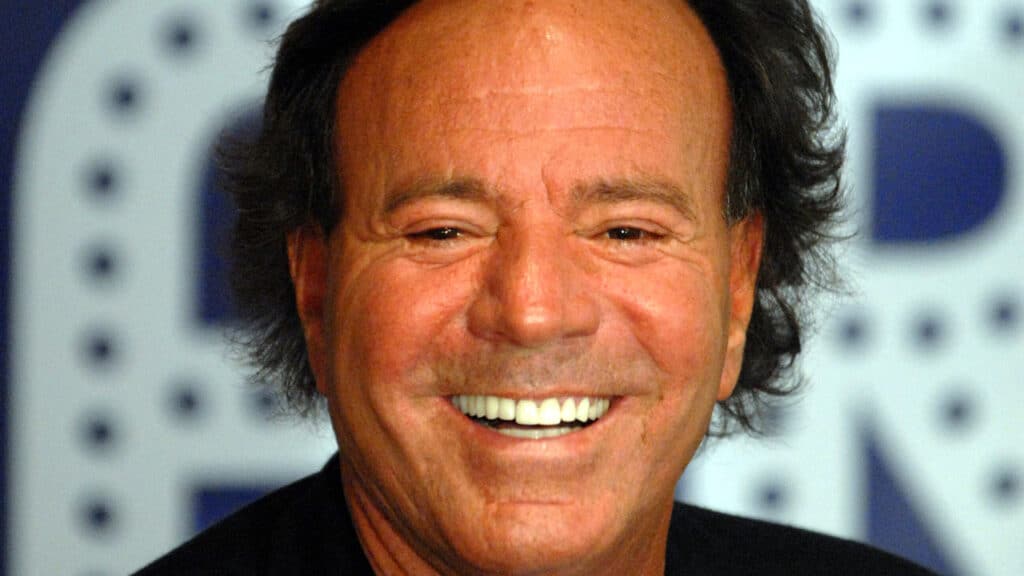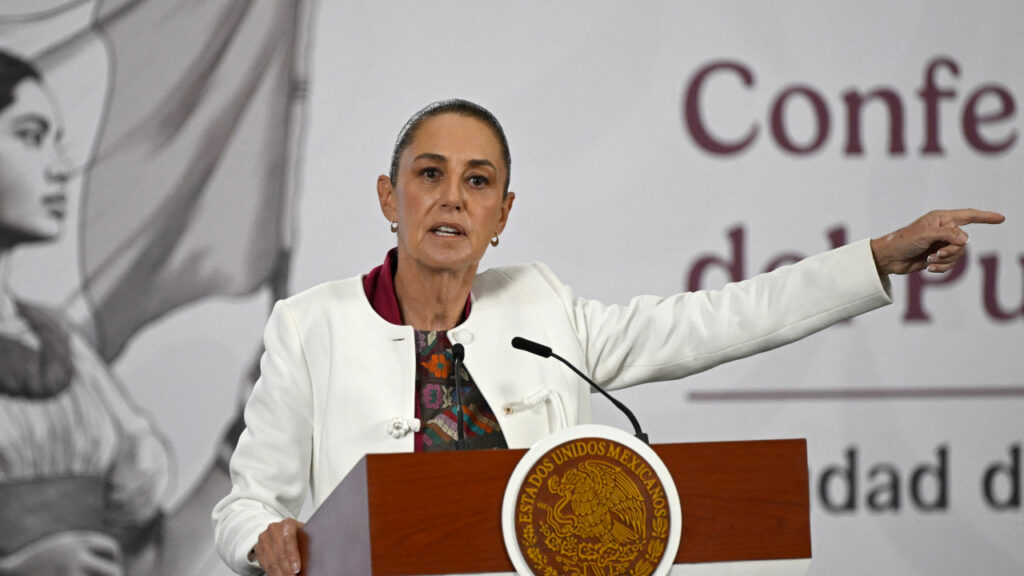
Meet the Woman Who Stands Tall Against Venezuela’s Autocratic Regime
Imagine living in a country without water, electricity, or human rights. A country with the greatest natural resources of an entire continent but destroyed by more than 20 years of an unpunished and inhuman autocratic regime. Imagine now, after years of misery, having gone out to vote en masse only for the government to tell you in your face that it is not going anywhere. That is the Venezuela that millions of people live in today.
Since Hugo Chávez died in 2013, his successor, Nicolás Maduro, has led Venezuela into the worst economic crisis in its history. More than eight million Venezuelans, a quarter of the population, have fled the country as best they can. Meanwhile, the regime has been accused of drug trafficking and terrorism. It is currently under investigation by the International Criminal Court for crimes against humanity.
However, despite all the obstacles, one woman has been at the forefront of the opposition against the government for more than two decades. Her name is María Corina Machado, a presidential candidate who has been gagged and threatened by the regime for years. She inspired all Venezuelans—inside and outside the country—to vote last Sunday.
Desperate Venezuela goes out to vote for change
On July 28, the Caribbean country experienced the highest electoral participation in its history. Millions of people from all corners of the national territory traveled and stood in line for hours to vote. Everyone wanted only one thing: the end of the regime.
However, citizens reported irregularities in the voting centers from the early hours of the day. From false ballots in favor of Maduro to the theft of electoral material by military forces, many feared the worst. At the end of the day, after hours of delays and uncertainty, the regime assured that Maduro had won with 51% against 44% of the opposition candidate Edmundo Gonzalez.
But María Corina Machado, who has been the true leader of the opposition for more than two decades, assured that the true results were 70% in favor of González.
“We won in every demographic, in every state,” Machado said. “It was overwhelming. We won, and the whole world knows this. Even the regime knows what happened.”
But who is María Corina Machado?
Venezuelan resilience has a woman’s name: María Corina Machado. Born on October 7, 1967, in Caracas, this woman has become synonymous with resistance and determination.
From a very young age, Machado demonstrated a strong commitment to social causes. In 1992, she founded the Atenea Foundation, which cared for orphaned street children and delinquents in Caracas. This early work laid the foundation for her later activism. She recognized the importance of civic engagement and social responsibility.
Machado, an industrial engineer by training, entered the political arena with a clear vision: to restore democracy and freedom in Venezuela. In 2001, two years after Hugo Chávez came to power, Machado co-founded the civil volunteer organization Súmate, which became a fundamental force in defending electoral transparency.
Her leadership in the 2004 recall referendum against Chávez made her an important opposition figure. Despite facing treason and conspiracy charges for her activism, Machado was undeterred and continued her fight against an increasingly authoritarian regime.
An unyielding opponent becomes the voice of Venezuela
María Corina Machado’s political career has been marked by unrelenting opposition to both Hugo Chávez and his successor, Nicolás Maduro.
Although her 2012 presidential campaign was unsuccessful, it highlighted her ability to mobilize support and articulate a vision of post-Chavez Venezuela. Despite losing the opposition primaries to Henrique Capriles, Machado’s influence remained strong as she continued to be a staunch critic of the government.
During the 2014 Venezuelan protests, Machado emerged as a prominent figure, organizing demonstrations against the Maduro administration. Her expulsion from the National Assembly in 2014, following her appearance at the Organization of American States to discuss Venezuela’s political crisis, only intensified her resolve. Machado’s expulsion was widely condemned as illegal and a blatant attempt to silence her. Yet she persisted, continually advocating for democratic reforms and mobilizing domestic and international support.
In 2019, during the Venezuelan presidential crisis, Machado announced her willingness to run for president if interim president Juan Guaidó called elections. Although Guaidó was unsuccessful in his efforts, Machado’s statement underscored her unwavering commitment to leading Venezuela toward democratic change.
Despite being disqualified by the regime, María Corina Machado did not step back
In 2023, the Venezuelan government thwarted María Corina Machado’s candidacy for the presidency, disqualifying her from holding office for 15 years. This measure, widely criticized by international organizations and foreign governments, was seen as an attempt to prevent her from challenging the Maduro regime. Despite this setback, Machado’s influence within the opposition remained undeniable.
Machado’s campaign for the 2023 primaries was marked by her staunch opposition to the National Electoral Council’s involvement, advocating instead for manual voting to ensure electoral integrity. Her criticism of the traditional opposition leadership and her willingness to negotiate a transition from Chavismo demonstrated her strategic acumen and commitment to pursuing democratic reforms.
Even after her disqualification, Machado’s leadership inspired the Venezuelan opposition. Her support was crucial in boosting Edmundo González Urrutia’s candidacy, who became the opposition’s de facto candidate in the 2024 presidential elections. Machado’s role in galvanizing public support and maintaining pressure on the Maduro regime underscored her pivotal position in Venezuela’s struggle for democracy.
Can one woman stand against the continent’s most radical dictatorship after Castro’s in Cuba?
Maria Corina Machado’s 23-year battle against the dictatorship in Venezuela is a testament to her resilience and unwavering dedication to democratic principles. However, what happened last Sunday, a predictable situation for many, opens the question: Will Machado finally be able to mobilize a country enough to overthrow a dictatorship like the Chavista regime?
Machado assured on Sunday that she would continue to defend the truth and the voices of millions of Venezuelans. Although the next steps are unknown, the international community seems to be on her side.
“We have serious concerns that the result announced does not reflect the will or the votes of the Venezuelan people,” Secretary of State Antony Blinken said. “It’s critical that every vote is counted fairly and transparently, that election officials immediately share information with the opposition and electoral observers without delay, and that the electoral authorities publish detailed tabulations of votes.”
Chilean President Gabriel Boric wrote on X: “The Maduro regime must understand that the results they have published are difficult to believe. Chile will not recognize any results that cannot be verified.”
Brazil, Colombia, and other Latin American nations expressed similar concerns.




